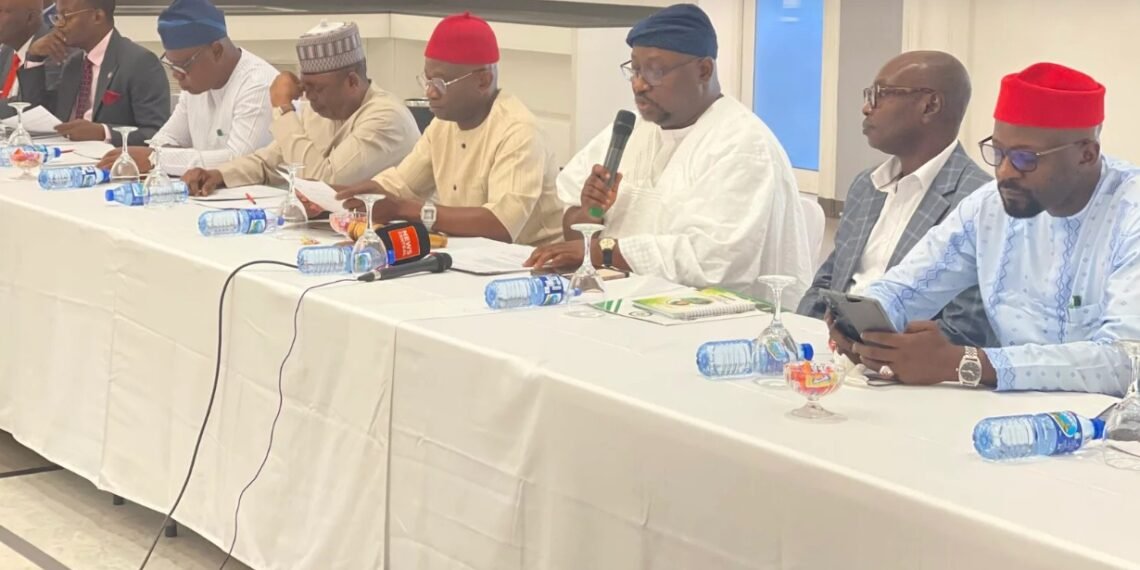The House of Representatives Ad hoc Committee on Pre-shipment Inspection of Exports and Non-remittance of Crude Oil Proceeds has raised a fresh alarm over what it describes as dangerous revenue leakages threatening Nigeria’s economic stability.
Chairman of the committee, Rep. Seyi Sowunmi (LP/Lagos), speaking at the opening of a capacity-building workshop in Abuja, warned that Nigeria is losing billions of dollars annually to unverified crude shipments, under-declared exports, and non-repatriation of proceeds.
Fund leakages, he said, have robbed citizens of basic infrastructure and development opportunities.
“For decades, crude oil has been our economic backbone, yet the system is bleeding,” Rep. Sowunmi said.
“These leakages are not just numbers — they represent lost futures for millions of young Nigerians.”
He said the anomalies cut across both oil and non-oil exports, insisting that the National Assembly has a responsibility to defend the integrity of the country’s revenue architecture.
Rep. Sowunmi explained that the House set up the committee following “alarming evidence” of widespread non-compliance with export and pre-shipment regulations.
Read also:
- Corruption in Nigeria’s maritime sector costs $182,300 per shipment, MACN declares
- Leveraging Lekki Deep Seaport for FG’s regional trans-shipment hub
- Security breach: FG declares state of emergency in Onne port
The mandate, he noted, is to expose institutional failures, engage stakeholders, and recommend sweeping legislative and policy reforms.
“This is not a witch-hunt,” he stressed. “It is a national mission to recover value, close loopholes, and restore confidence in Nigeria’s economic governance.”
The workshop, he said, was designed to equip lawmakers with the technical capacity to interrogate complex export data and understand crude transaction flows.
Facilitators drawn from international trade compliance, forensic auditing, maritime operations, and financial intelligence are participating.
Describing the session as an investment in competence and credibility, Rep. Sowunmi said the committee will work with transparency, adding that Nigeria cannot continue to lose foreign exchange due to weak inspection regimes or unremitted proceeds.
“Our task is urgent,” he said. “We must ensure that every barrel is digitally tracked, every dollar repatriated, and every actor in the export value chain held accountable.”
He added that the committee is pushing for a modernised export governance framework built on technology, strict compliance, and enforceable sanctions.
“This is a moment for legislative leadership. The era of impunity and unaccounted exports is ending,” he declared.
Also speaking, Rep. Peter Aniekwe (LP/Anambra) urged committee members to prepare for pushback as investigations deepen.
“They will fight back,” he warned. “But we must stand firm, do the right thing, and deliver results Nigerians can be proud of.”
The workshop covers modules on the Nigerian oil & gas export framework, pre-shipment inspection systems, crude oil revenue flow and repatriation, non-remittance investigation, and oversight and reform strategies.






